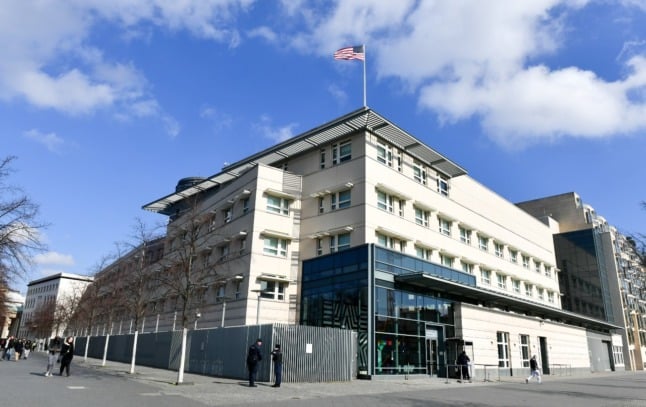A senior French diplomat is currently in Pyongyang where he “will present to the North Koreans” the future French representative, the daily said, identifying him as Olivier Vaysset, a diplomat who has worked in Singapore.
“The opening of this office does not signify that France is opening as such diplomatic relations with this totalitarian country,” it said but added that it could serve as a “diplomatic intermediary.”
The proposed office will handle cultural cooperation, it said.
The French embassy in Seoul declined comment on the report, saying any comment would have to come from Paris.
The then-French foreign minister Bernard Kouchner said in March last year his country would not establish diplomatic relations with the North but would open an office to support non-governmental groups.
“We are not going to open an embassy, certainly not,” Kouchner told a news conference in Tokyo. “Open an office, yes, in order to help the NGOs there.”
France is the only major European Union member that does not have diplomatic ties with the communist state.
Paris has argued that the human rights situation must improve and has cited concerns over nuclear proliferation.
French special envoy to Pyongyang, Jack Lang, visited the North in November 2009. He said afterwards that France had offered to forge permanent cultural links with North Korea but not full diplomatic ties.
The French move comes as ties between North and South Korea are at their lowest ebb after Seoul accused Pyongyang of torpedoing a warship in March 2010, killing 46 sailors.
North Korea angrily denied the charge but went on to shell a border island last November, killing four South Koreans including two civilians.
Denuclearisation talks with Pyongyang, which has tested two nuclear bombs, have also been stalled since 2009.
The six-party talks, grouping the two Koreas, China, Japan, Russia and the United States, are aimed at persuading Pyongyang to give up its nuclear weapons for energy aid and security and diplomatic benefits.


 Please whitelist us to continue reading.
Please whitelist us to continue reading.
Member comments